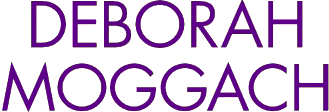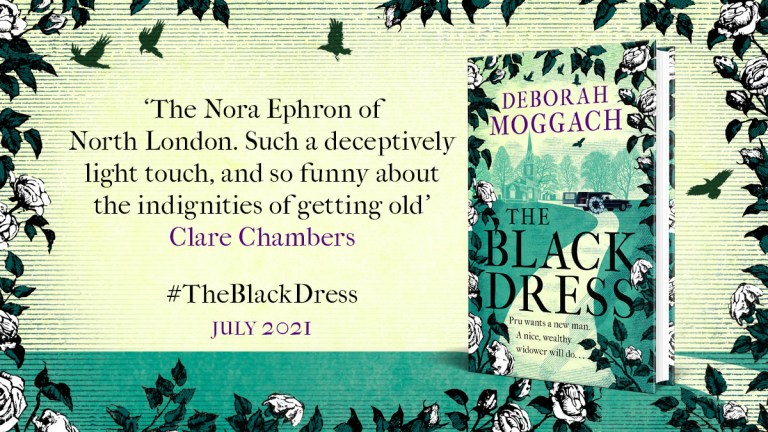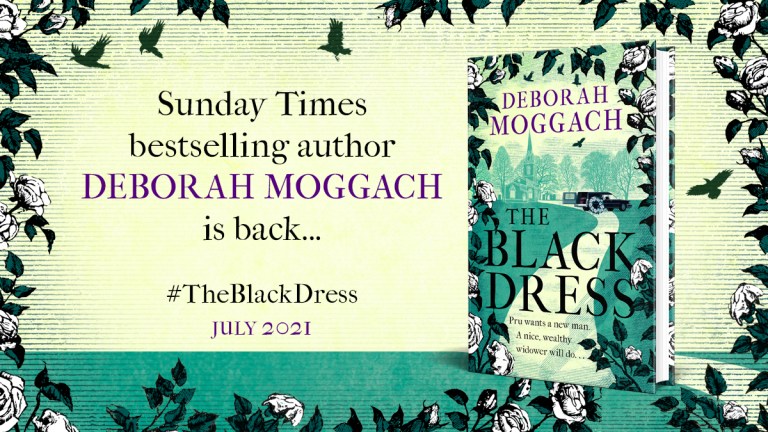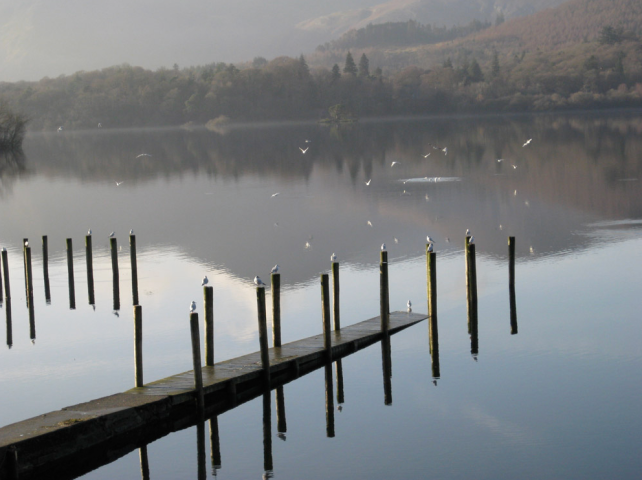September 2022
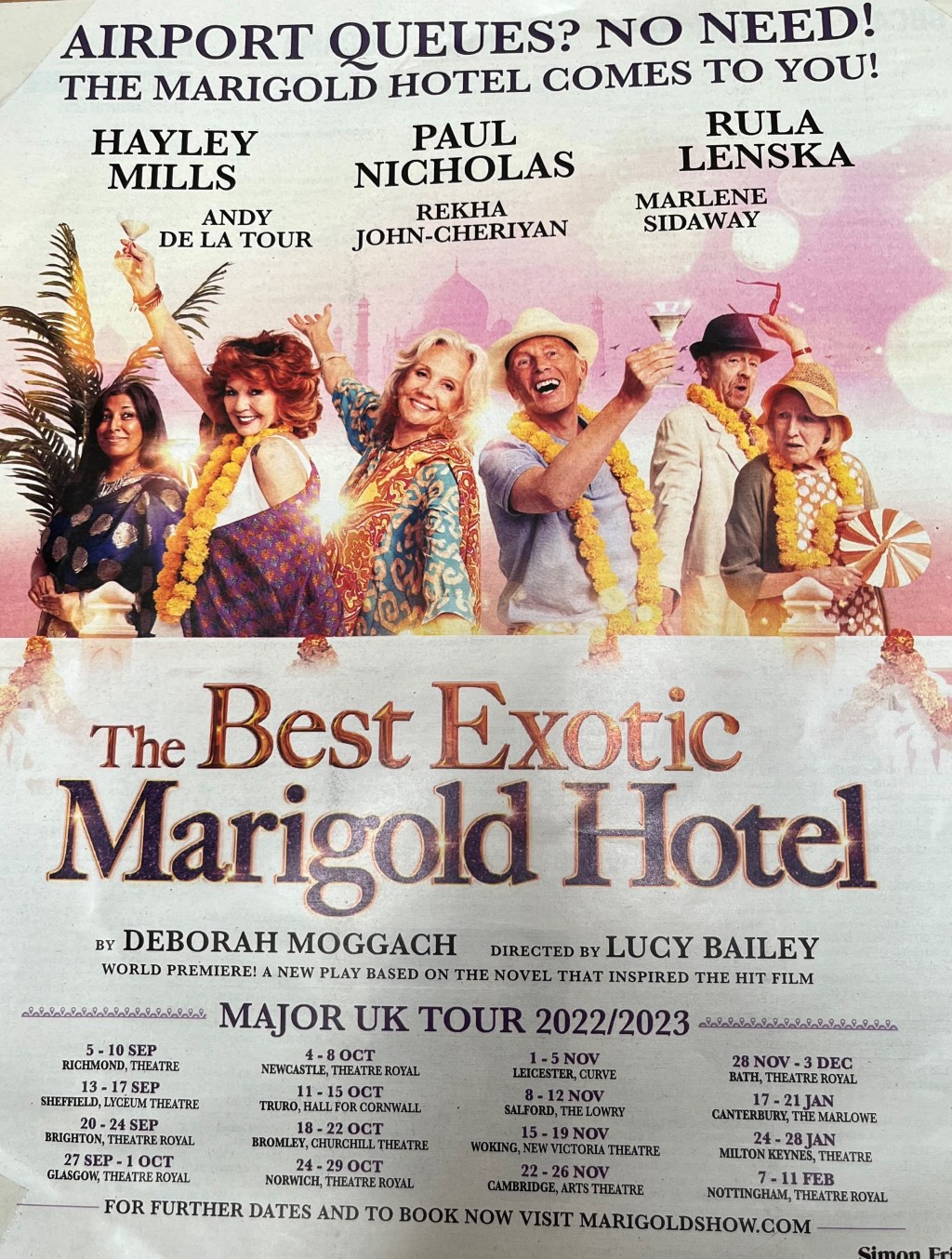
This is so thrilling: my play of “The Best Exotic Marigold Hotel” is about to open at the Richmond Theatre, prior to a UK-wide tour for the next few months (google it to find a venue near you). We’ve been in rehearsals for the past few weeks and we have a crack cast of British and Indian actors, directed by Lucy Bailey. It opens for previews on 5 September, and here’s an article I’ve written about it for The Times…
Strangely enough, it started out as an article for this very newspaper. It was about getting old and I called it “Bazaar Ends”. In it I wrote that I didn’t want to spend my last years languishing in a retirement home gazing at a ploughed field; I’d rather spend it overlooking Berwick Street Market in Soho, in the thick of life rather than removed from it.
But Soho’s not what it was and anyway this didn’t solve the problem of how on earth are we going to be looked after when we’re all living so long? We’re going to bankrupt the country. So I had a stroke of inspiration. We outsource everything else, why not outsource the elderly? Set up a retirement home somewhere warm and cheap, in a country where they still have respect for their elders and speaking English is not a problem. A place where the streets are teeming with life so there’s no chance of getting bored. Where there’s a whole new culture to stimulate your brain and delight your senses.
I chose India because I love it and it has a deep, two-way relationship with the UK. Then I created seven British pensioners and sent them there, to a charming but ramshackle hotel in Bangalore, to see how India would work its magic on them.
The novel was sold to the movies and re-named “The Best Exotic Marigold Hotel”. Suddenly we had an all-star cast – Judi Dench, Maggie Smith, Tom Wilkinson, Celia Imrie, Ronald Pickup, Bill Nighy, Penelope Wilton. They were joined by Dev Patel, playing the hotel manager, and a hugely talented cast of Indian actors.
I went out for a few days to watch the filming. And there, sitting in the shade, was my British cast, taking a break. One of them – I think one of the Dames – jumped up, clasped me to her bosom and said a sentence every writer longs to hear: “We wouldn’t be here if it wasn’t for your lovely book.”
That’s it in a nutshell. It’s often forgotten that it all begins with someone sitting at their desk making up stories. I remember, when the film was premiered in London, walking up the red carpet, banks of photographers on either side. They were calling out “Deb! Deb!” so I turned to give them a dazzling smile, only to realize they were calling out “Dev! Dev!” to Dev Patel, who was walking behind me.
With plays it’s different. The writer is much more involved, it’s a collaborative process. Writing’s a lonely business and I’ve always longed to be part of a gang, with actors calling me darling. I longed for us to explore the characters together and create something new – as Noel Coward said, work can be more fun than fun. And I could picture the set – the hotel and its garden – as most of the action takes place there. It would be a magical place where transformation was possible – a sort of Indian Midsummer Night’s Dream. It would need a cast of fifteen but what the hell. The film had been a huge hit and, combined with the novel, had helped bring about a sea-change in our attitude to ageing. That we’re all still the same – the same loves, lusts, resentments, joys – just with more wrinkles. That it’s never too late to have a new adventure – 70’s the new 40 and all that. Issues of race were also explored, and the culture clash between East and West, and I wanted to develop this, and the comedy, because don’t we need all need a laugh just now?
So three years ago I sat down and wrote the play. It was based on the novel but I developed and altered it for the stage. In novels and films, of course, you can dart from scene to scene but with a play you have to work out how to get the characters on and off the stage. As it was one set – the hotel – I opened it with spotlit soliquies, to establish the characters before they arrive at their destination. I longed to put a real tuk-tuk on stage but that proved impossible. So could the street scenes be simply suggested by a soundscape of hooting cars and tuk-tuks, the call of the muezzin, and stall-holders shouting their wares?
I needed to update it, as the novel was written nearly twenty years ago. Some things in India never change; as one of the young Indians says to the elderly Brits: “Funny how all the things you love about India are the things we’re trying to escape.” But some things have moved on: a running joke used to be how none of the phones worked. Nowadays the Brits would be on zoom and social media, so I had to make the internet connection somewhat iffy.
More weirdly, those characters had already gone through one transformation: from page to screen. The people in my head had become real actors already, with their rather different stories. They lay like a hologram over their playwritten personas, with their rather different stories, just waiting for actors to inhabit them.
The pandemic delayed production but now, in August, the play was cast. My imaginary Evelyn, who’d morphed into Judi Dench, had now morphed into Hayley Mills. Dev Patel had morphed into Nishad More, Celia Imrie into Rula Lenska. It was discombobulating and rather thrilling.
A boys’ club in Pimlico was hired for rehearsals. Little did we realize that there was a pen full of chickens outside the back door. Emotional moments in the readthrough were interrupted by loud squawks when one of the hens laid an egg. Already we could be in India – that, and the sweltering heat. We lent each other face-fans and squirted each other with diffusers but there was no air-conditioning and the ceiling fan made such a racket we had to turn it off. But the actors and production team soldiered on without complaint. They’re such sports. Nescafe, and make it yourself. One toilet. Greggs sausage rolls for lunch – I bought Hayley Mills a vegan one and she was as gushing as if it were lobster at The Ivy.
Rehearsals began the next day. We had a fabulous Indian cast and started exploring not just back stories and motivation but the accuracy, from an Indian perspective, of my script. One of the actors, Anant Varman, pointed out that most of the characters had North Indian Punjabi names but the play was set in Bangalore, in the south, so a couple of the cast chose themselves new names. I re-wrote a speech about Dalits, or Untouchables, to make it subtler, caste being so hugely complex. I’d peppered the script with Hindi words but it was pointed out, reasonably enough, that nobody would say “moderchod” in front of his mother, as it actually means motherf***er.
We inspected a model of Colin Richmond’s beautiful, magical set, and listened to Kuljit Bhamra’s haunting music, where sitars slid in and out of children’s nursery rhymes, for memory plays a powerful role in the story. I could feel the transformation beginning, even in that shabby, airless room.
Then I left them to it. I stayed at home doing re-writes and reading the tantalizing production notes that were emailed each day: The material in the deck chair has disintegrated, can we have a new one please? Could we make a pani puri for rehearsals please? We would like some oven gloves for Muriel. I felt like a general hearing reports from the Front.
They only have a month to rehearse a hugely complex play but we have a wonderful director, Lucy Bailey, and then it’s off touring the UK for the next nine months, popping up all over the place, from Sheffield to Cardiff to Brighton. I’ll be popping up too, in the audience – wild horses couldn’t drag me away. I dearly hope it’ll be the tonic we all need.
So, fingers crossed….I hope you’ve had a good summer in these very unsettling times, and do get in touch if you fancy, I love hearing from you. I’m at moggachdeborah@gmail.com
DEBORAH MOGGACH
